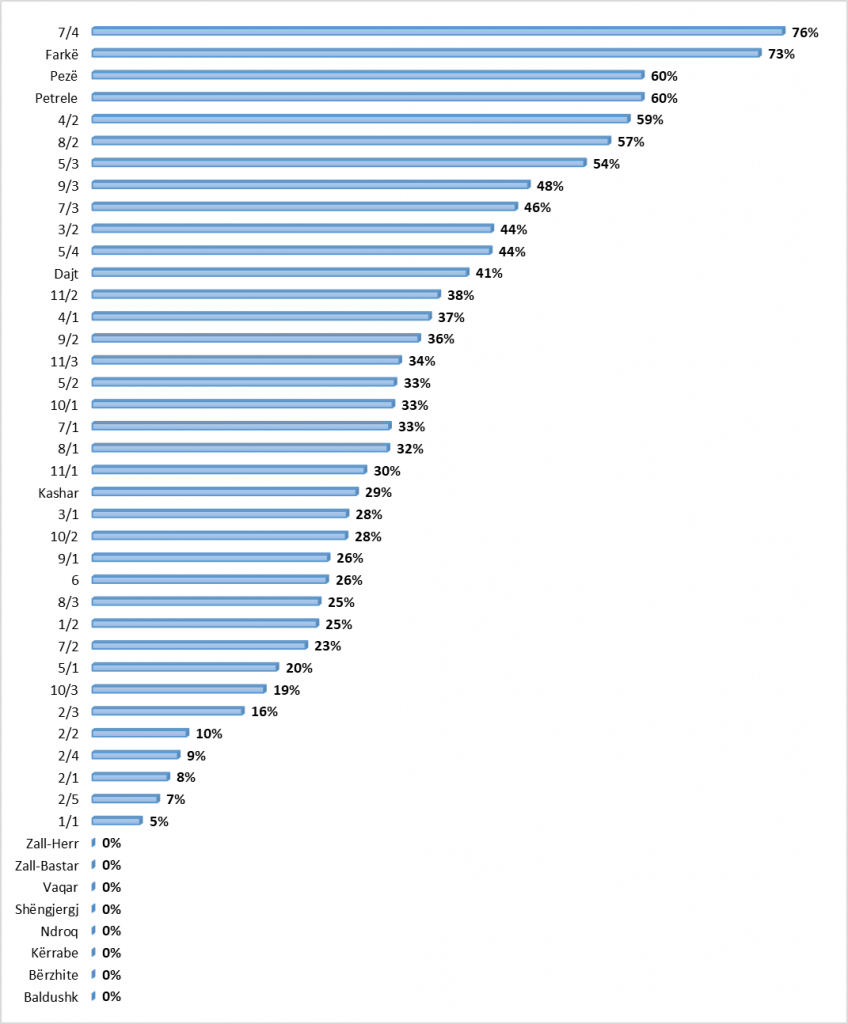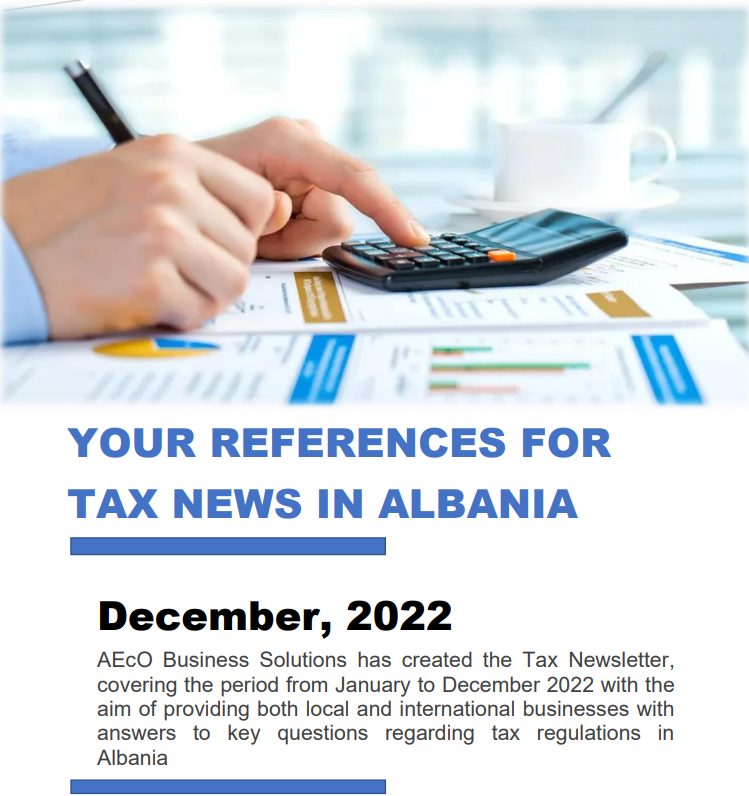BASIS of THE Labor CODE.
The Labor code is a set of rules and laws that regulate Labor relations between employers and employees. It includes provisions on the rights and obligations of both parties, working conditions, protection of health and safety at work, working time and holidays, wages, maternity leave, dealing with discrimination, and how to settle disputes.
The Labor Code aims to provide a fair and safe working environment, protect the rights of employees and ensure that employers comply with their legal obligations. It is an essential document for creating a fair balance in working relations and to protect the interests of all actors in the market.
General obligations of the employer.
All employers have obligations towards employees.
Some of these obligations are:
1– Protection of the personality of the employer, which means that the employer has an obligation to protect and respect the personality of the employee, as well as to ensure and protect the mental and physical health.
2-Data protection – The employer has no right to research the employee’s life unless this research is related to the professional skills of the employee.
3-Information and consultation – The employer informs and consults with the representatives of the employees.
4- Control of personal belongings – The employee and his personal belongings are not subject to control, except in cases where the employer’s property must be protected.
5- The employer is obliged to bear the expenses for the medical visits of the employee .
Workplace and Working conditions .
The workplace in all its components must be suitable for the types of work/tasks that need to be performed.
The working conditions must be appropriate both for the health of the employee and for the smooth running of certain jobs. When the employee works more than 6 hours a day without interruption, an unpaid break of not less than 20 minutes must be provided, which must be given after three hours and not later than after 6 hours of continuous work. If the employee works more than 9 continuous hours a day, he is given another break of not less than 20 minutes. For pregnant women, a break is provided every 3 hours, not less than 30 minutes. All conditions must be defined in the employment contract.
Duration of work, vacations, allowances on salary.
– The normal daily working time is up to 8 hours, determined by the Council of Ministers, collective or individual contracts, within the weekly work limits.
– The starting and ending hours of work are determined by the internal regulations and the decisions of the Council of Ministers .
– The normal weekly duration is up to 40 hours, determined by the Council of Ministers, collective or individual contracts.
– The weekly rest is at least 36 hours, of which 24 hours without interruption.
– The weekly holiday includes Sunday and is not paid.
Surcharges.
– Every working hour from 19:00 to 22:00 has a payment surcharge of at least 20%.
– Each working hour from 22:00 to 06:00 has a pay surcharge of at least 50%.
– Work is prohibited on official holidays, as a general rule.
Official holidays.
– Employees have the right to be paid on official holidays.
– When the day of the official holiday falls on a weekly holiday, the holiday is postponed to Monday.
– Each working hour from 22:00 to 06:00 has a pay surcharge of at least 50%.
– Work performed on the day of weekly rest is compensated with a salary supplement of at least 25% or with a paid holiday equal to the duration of the work performed, plus a holiday supplement of at least 25% of the duration of the work.
– Work on official holidays that fall on working days is compensated with a salary supplement of at least 25% and with a paid holiday equal to the duration of the work performed.
– When the official holiday falls on a weekly holiday, the holiday is postponed to the following working day.
Annual vacations.
– Annual vacations must not be less than 4 calendar weeks per year and do not include official holidays. If an official holiday falls during the annual holidays, the holiday is postponed.
– If the employee has not completed a full year of work, annual vacations are determined in relation to the duration of the employment relationship. Periods of temporary incapacity at work are considered working time.
– The annual leave is postponed if the employee during this period was hospitalized or stayed at home due to illness or accident, certified by a medical report.
– Annual leave must be granted during the working year or until the end of the first quarter of the following year and must be at least one calendar week without interruption.
– The pay for annual leave is the same as what the employee would receive if he were not on leave. This salary includes a bonus that covers the part of the salary received in kind.
– If the salary is variable, the calculation is based on the monthly average of the previous year and is indexable.
– Salary for annual holiday store is paid to the employee at the time of their receipt.
– Annual leave is not replaced with pay, except when the employment relationship ends and the leave is not taken. In this case, the employee receives compensation equal to the vacation pay.
– If during annual vacations the employee performs paid work that harms the interests of the employer, the employer may refuse the vacation pay or request its return.
– The employee benefits from 5 days of paid leave for the marriage or death of his spouse/partner, parents or children.
– In case of serious illness of family members, the employee has the right to up to 30 days of unpaid leave.
– In case of childbirth, the spouse/cohabitant benefits from 3 days of paid leave.
Additional hours.
– The employer may request additional hours if necessary, taking into account the employee’s personal and family circumstances.
– The maximum number of additional hours is determined in the collective or individual contract, but it cannot exceed 200 hours per year.
– It is not allowed to ask for overtime if the employee has worked 48 hours a week. In special cases, for a period of up to 4 months, it may be allowed to exceed 48 hours, but the weekly average for this period must remain 48 hours.
– Overtime that is not compensated with rest is paid at the normal salary and an additional of at least 25%.
– In agreement with the employee, additional hours can be compensated with leave that is at least 25% longer than the hours worked and must be given within 2 months of the work performed.
– Additional working hours during weekly rest or official holidays are compensated with time off or wages at least 50% higher than the hours worked or normal wages.
Children under the age of 18 should only be employed when they are recognized as fit for work after a full medical examination .
Sickness income .
The insured person receives sickness income when temporary incapacity for work is proven, as determined in a medical report. This is excluded in cases of dismissal for a criminal act.
– Sickness income is 70% of the daily average of the net estimated base for persons with less than 10 years of insurance and 80% for those with more than 10 years of insurance.
– For those lying in hospital without the care of a person in custody, the amount is reduced to 50% of the daily average of the estimated net base.
– The insured person who changes the place of work for health reasons can benefit from compensation for the difference in salary between the previous job and the new one.
– This benefit can be up to 50% of the daily average of the estimated net base.
Birth leave.
After 63 days postpartum, the woman decides for herself whether to work or benefit from social security.
If the woman decides to work, she can choose a 2-hour break or a 2-hour reduction in working time, with the same pay.
After the end of maternity leave, the employee has the right to return to work with equal or better conditions and to benefit from any improvement in employment conditions.
The insured person who is the mother or father of a child who is born has the right to maternity allowance, paid once in a certain amount, equal to 50% of the minimum monthly salary.













